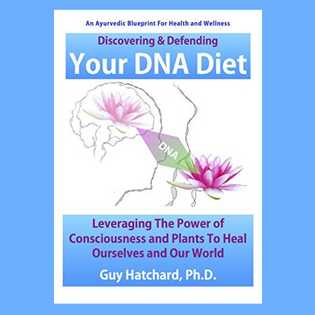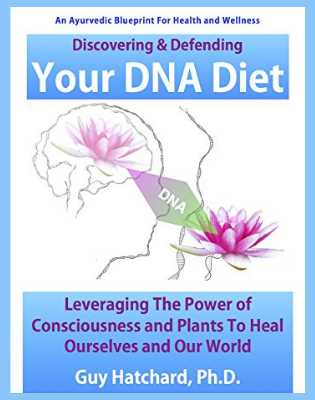Given the evolving nature of coronaviruses, and the historical experience, the only cost effective and sustainable solution to meet this challenge is adoption of health measures that will enable individuals and families to preserve and promote their own health more effectively.
Aside from the obvious, such as five portions of fruit and vegetables a day, regular exercise, curbs on sugars and hard fats, reductions in pollutants, etc., you might be wondering about the sort of health measures and research that I believe need to be pursued.
Here is an example of an initiative to directly evaluate a potentially cost-effective natural approach:
In July, the Government of India’s All India Institute of Ayurveda, in partnership with the UK’s London School of Hygiene and Tropical Medicine, agreed to conduct an official study on Ashwagandha (Withania Somnifera) to aid recovery from Covid-19.
The double-blind clinical studies will be conducted on 2,000 people in the three UK cities of Leicester, Birmingham and London (Southall and Wembley).
One group of 1,000 participants will receive ashwagandha tablets for three months, while the second group of 1,000 participants will receive a placebo, which is indistinguishable from ashwagandha in appearance and taste.
In a double-blind study, both patients and doctors will not find out about the treatment of the other group, ”explained Dr. Tanuja Manoj Nesari, director of the AHA, who together with Dr. Rajgopalan is involved in the project.
Dr. LSHTM’s Sanjay Kinra is the study’s lead investigator.
This is the first time the AYUSH Ministry has partnered with a foreign institution to study the effectiveness of ashwagandha in Covid-19 patients.
Ashwagandha (Withania Somnifera), commonly known as “Indian winter cherry”, is a traditional Ayurvedic medicinal herb known to increase energy, reduce stress and strengthen the immune system.
It is an easily available over-the-counter dietary supplement in the UK, has a proven safety profile and positive effects in Covid-19 patients have been previously seen.
Successful completion of the study could be a major breakthrough and bring the traditional Indian medical system to scientific attention.






